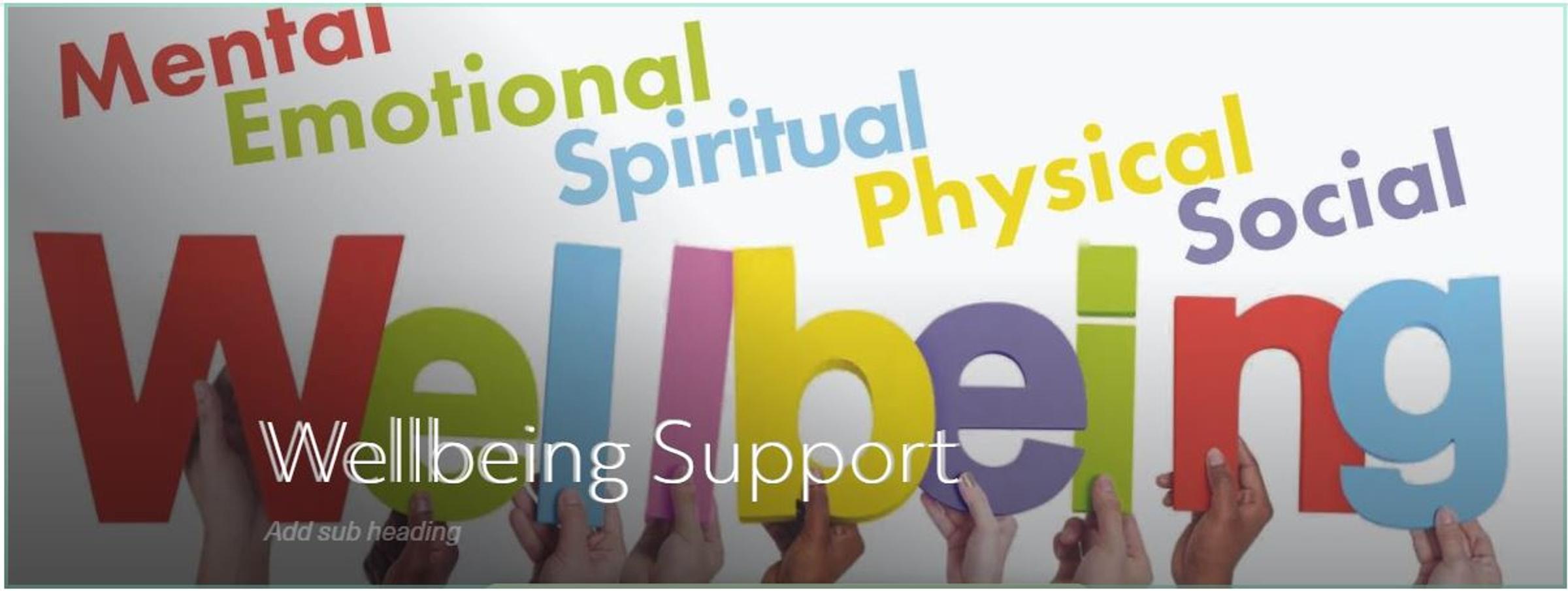Wellbeing

Independence Vs Support
Finding balance between Independence and Support is important for your child to gain skills and responsibility.
Despite wanting to be a supportive parent to your child, you may feel like you’ve just had the door closed in your face and you’ve got it all wrong.
What is supportive parenting?
Being a supportive parent means having your child’s best interests at heart but also being present, involved and helpful. It includes:
- actively encouraging them to do their best with school, their hobbies and interests
- listening without judgement and seeking to understand their concerns and challenges through THEIR lens.
- acknowledging their achievements and supporting them through mistakes and challenges
- setting consistent expectations and consequences to help them to feel secure and able to predict outcomes
- treating them fairly and developing a trusting relationship.
Why is having a supportive parent so important for teenagers?
The influence that you have over your child is more dependent on a trusting relationship than it is on how much authority you dish out and how many lectures you give. It may feel like they’re trying to push you away, but they’re actually trying to push themselves away from you to choose a direction in life, and to shape an identity for themselves as a separate, independent person. IT'S NOT PERSONAL. Love, support, trust and optimism from their family make them feel safe and secure, and are powerful weapons against peer pressure, life’s challenges and disappointments.
Your aim is to keep your child safe and to give them the foundations they need to do their best. At a minimum they need:
- to know they are loved for who they are, and that you are always there to support them
- an environment where basic needs such as a safe and healthy place to live, healthy food, and school supplies are made a priority
- protection and support to keep themselves safe from mental and physical abuse
- respect for their feelings and concerns
- acknowledgement of their milestones and achievements such as birthdays or first day at school
- respect for their friends, clothing, sports and music choices, and interests.
Your child is becoming an independent person. They need a firm foundation of values and expectations that can guide them now, and carry them into adult life. Decide what’s important to your family and how you’ll share those expectations and values with your child.
There’s no doubt that the teenage years will probably cause you some worry and frustration. There may be times when you feel as if you don’t know your child, or are disappointed by some of their choices. Try to be as loving and supportive as you can through all of their trials. If you can do this, they’re more likely to share their struggles and come to you when they need help.
Be there for them in the way that you would have wanted your parents to be there for you when you were growing up.

